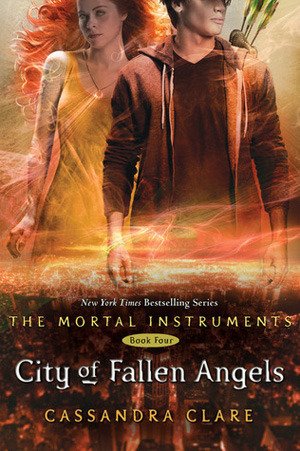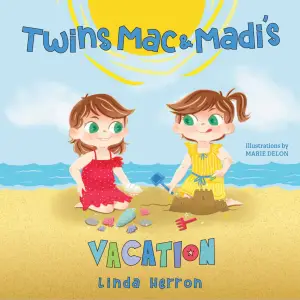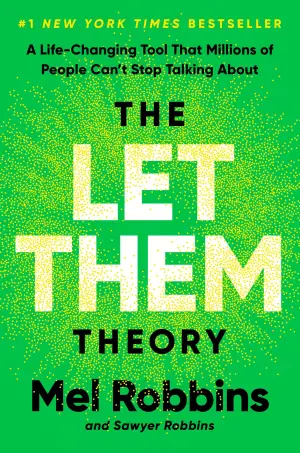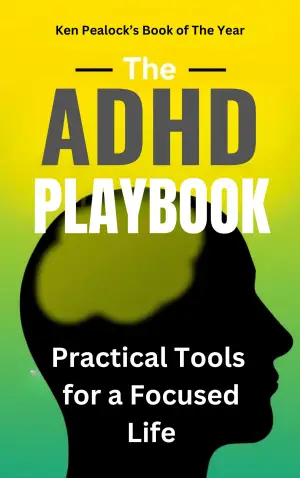The Lightsaber Misadventure: A Review of City of Fallen Angels
Let me set the scene for you: I had just finished City of Fallen Angels by Cassandra Clare. Caught up in the world of Shadowhunters, my excitement overflowed. I was ready to channel my inner Jedi and took to running—lightsaber in hand! Well, it turns out my coordination isn’t up to the task, as I tripped and sliced the entire book to shreds. Maybe lightsaber dueling and reading don’t mix? I suppose Clare would have some witty repartee about that.
Now, onto the book itself. City of Fallen Angels, the fourth installment in The Mortal Instruments series, finds itself in a precarious predicament. I mean, how do you continue a story that already reached a high point in City of Glass? Yet here we are, ensconced again in the lives of Clary, Jace, Simon, and the mess of mystical and romantic turmoil that ensues.
This novel feels like an echo of its predecessors, riddled with parts that made me both chuckle nostalgically and sigh in frustration. Clare’s writing remains engaging, her signature humor twinkling intermittently, but unfortunately, it lacks the vibrant aura I experienced in the earlier books. I was left craving the adrenaline rush that characterized the first three volumes. Instead, I felt inundated with dialogue that felt repetitive: Clary and Jace’s passionate exchanges and Simon’s emotional rollercoaster seemed like familiar ground rather than new terrain.
Once again, we’re in the love-triangle vortex of Simon, Jace, and Clary. There’s an impressive theatricality in their interactions, but I found myself wishing we would step beyond the drama and delve into the rich world-building that Clare does so well. The high stakes feel watered down, and after the chaotic whirlwind of City of Glass, I found myself wondering: was this installment truly necessary? It’s a question I grappled with, especially after discovering Cassandra Clare’s literary history—how does one craft a sequel without diluting the essence of the original storyline?
The character of Jace, in particular, left me with mixed feelings. My youthful crush on him feels slightly tarnished; he flits between darkly brooding and just brooding too much. And that iconic charm? It seems overshadowed by a newfound self-absorbed angst. Am I alone in my desire for him to just chill out already? Clare brilliantly created him as a character fans adored, yet he almost felt like a caricature of himself in this book. It’s an odd sensation, seeing someone you once idolized morph into a character that feels almost unrecognizable.
As I struggled to derive meaning from this particular installment—seriously, what was the takeaway?—I found solace in the humor that comes so easily outside the text. My absurdity sparked laughter as I imagined Jace gallivanting through a field of unicorns made of awesomesauce. There’s a bright side to even the most disappointing reads, and my amusement at the sheer ridiculousness of my own reactions made the experience enjoyable, at least!
In the end, City of Fallen Angels might appeal to die-hard fans of the series craving to spend more time with Clary and crew. But for those who are looking for advancement in plot or character depth, you might find yourself wishing for a different narrative altogether. Personally, I feel Clare could have stopped at City of Glass, leaving that book as a satisfying closing chapter in a beautifully woven tale.
So, fellow readers: unless you’re brimming with the enthusiasm of a fangirl (or fanboy), perhaps pick this one up with a sprinkle of caution. As for me, I’m off to find some new battles to engage in—preferably without a pair of lightsabers!
Discover more about City of Fallen Angels (The Mortal Instruments, #4) on GoodReads >>

















